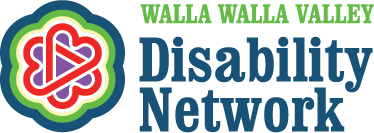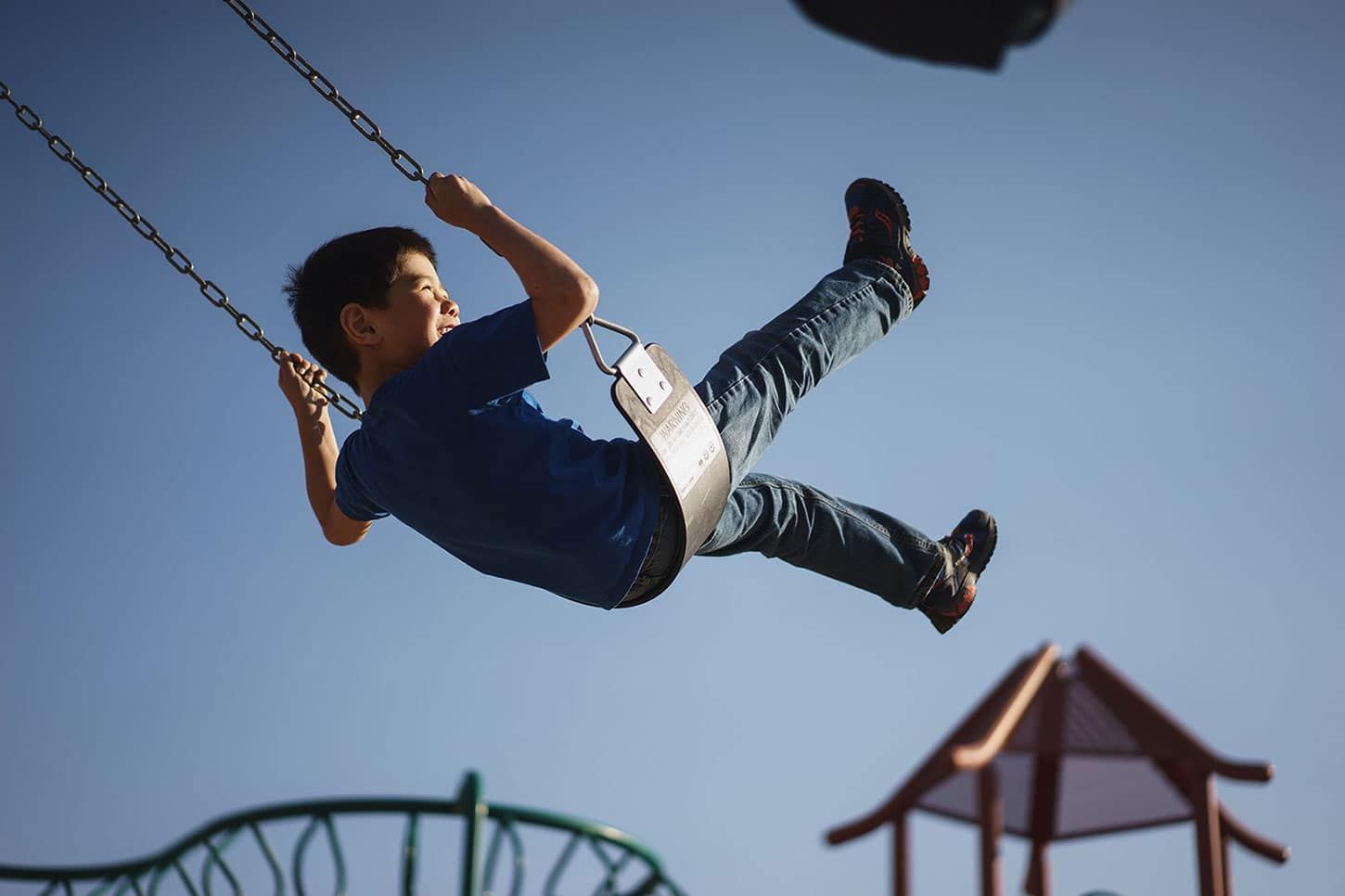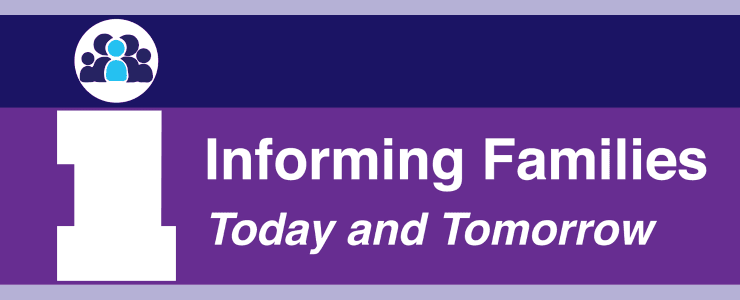Ages 6 to 14
-
Once your child is established in elementary school, it’s important to start planning for the changes and challenges that lie ahead as your child transitions to middle school, high school and beyond. Understanding the educational and service systems will be important, but equally important is getting connected to other families and broader local community supports.
-
Why should I apply for DDA?
~ DDA has many different services and programs including personal care, respite, residential supports, and much more.
~ Becoming a client earlier in life will help you transition during different stages of life.
~ If your caregiver is not able to provide supports to you in the future, you will already be a client so the process will be easier and faster. -
This site contains a Parent's Guide on Puberty for Boys with Disabilities and a Parent's Guide for Girls with Disabilities. It also has a Spanish translated version. This publication was developed and written by Vanderbilt Leadership Education in Neurodevelopmental Disabilities (LEND).
-
Information on IEPs, inclusion, disability awareness activities, education & Autism, and much much more.
-
Information on IEPs, resources, services, checklist to prepare for transition, advocacy, education, and much more.
-
Parent to Parent provides emotional support and information to families of children and adults with special needs in Washington State. Parents may have questions and concerns regarding their child’s needs and their own feelings. Local county coordinators organize parent volunteers (Helping Parents) who also have children with special needs and are available to provide support and information. Personal support from another parent, who has a child with similar needs, can be very helpful.
-
What's the difference between a friend and an acquaintance? Who are people in my life that are friends? Who are not? What makes any relationship healthy or unhealthy? These questions and more are addressed in the "Healthy Relationships" curriculum developed by Theresa Fears, MSW.
-
Watch these videos of presentations ranging from the benefits of inclusion, estate considerations for families with special needs, Transition Expo (English & Spanish), Transportation & Housing, etc.
-
OEO (Office of Education Ombuds) works with families, communities, and schools to navigate educational challenges and increase collaborative problem-solving so that every student can fully participate in and benefit from public K-12 education in Washington.








